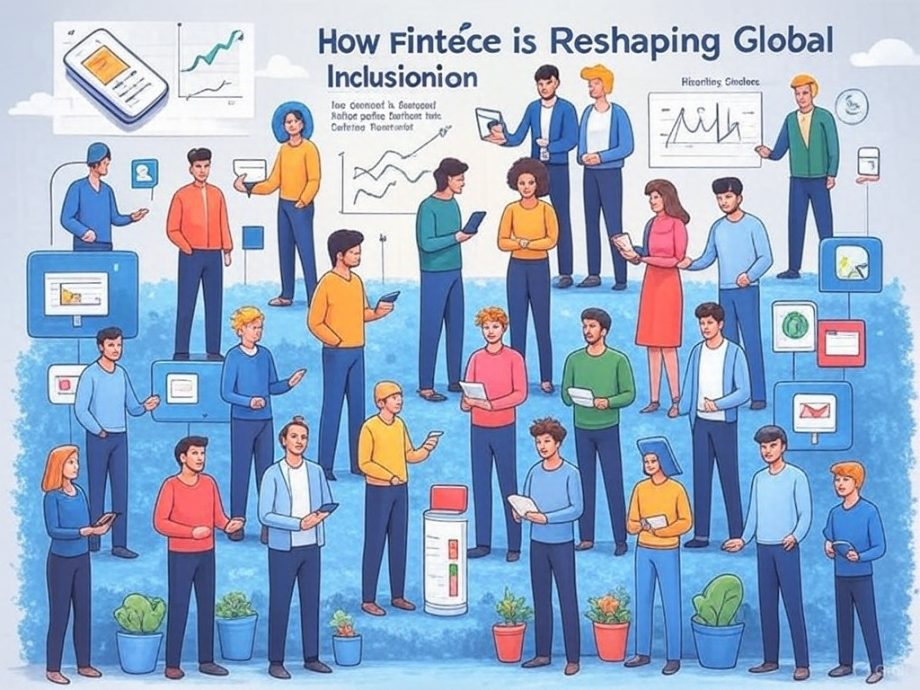
Introduction
For most of us, banking is boring—but for billions, it’s inaccessible. Without access to basic financial services, people can’t save, borrow, invest, or grow. The result? Cycles of poverty, inequality, and missed opportunity.
Fintech is changing that—and fast.
1. Mobile Banking for the Unbanked
In countries where traditional banking never took hold, mobile-first fintech apps are enabling millions to store money, pay bills, and transfer funds—no physical bank required.
🌍 Example: M-Pesa in Kenya
📈 Impact: Over 70% of Kenya’s adult population now uses mobile money
2. Microloans and Alternative Credit Scoring
Traditional banks often deny loans to people without formal credit histories. Fintech startups are using alternative data—like phone usage, payment history, and even social media—to assess creditworthiness.
💡 Example: Tala, Branch, Kiva
💰 Result: More access to capital for entrepreneurs and individuals in underserved regions
3. Remittances Without the Middlemen
Global remittances are a lifeline for many families—but traditional transfer services are slow and expensive. Fintech platforms are making it possible to send money across borders faster, cheaper, and more transparently.
🌐 Example: Wise (formerly TransferWise), Remitly, Chipper Cash
📉 Result: Lower fees, higher impact
4. Digital Wallets and Financial Literacy
Fintech apps aren’t just tools—they’re teachers. Many platforms now include financial education, budgeting tips, and nudges to help users build better money habits.
📲 Example: Cash App, Gojek, Alipay
🧠 Impact: Empowering first-time users to build generational wealth
5. Access to Investing and Wealth Building
From fractional shares to crypto wallets, fintech is democratizing access to investing. In places where stock markets seemed out of reach, new platforms are lowering the barrier to entry.
📈 Example: Robinhood, Acorns, Bamboo (Nigeria)
🌍 Impact: Financial inclusion for the next generation of investors
Conclusion
Fintech isn’t just disrupting banks—it’s unlocking human potential. By bringing financial services to the underserved, it’s creating a more inclusive, resilient, and empowered global economy.
🚀 Takeaway: Inclusion isn’t just a buzzword. It’s the future of finance.

